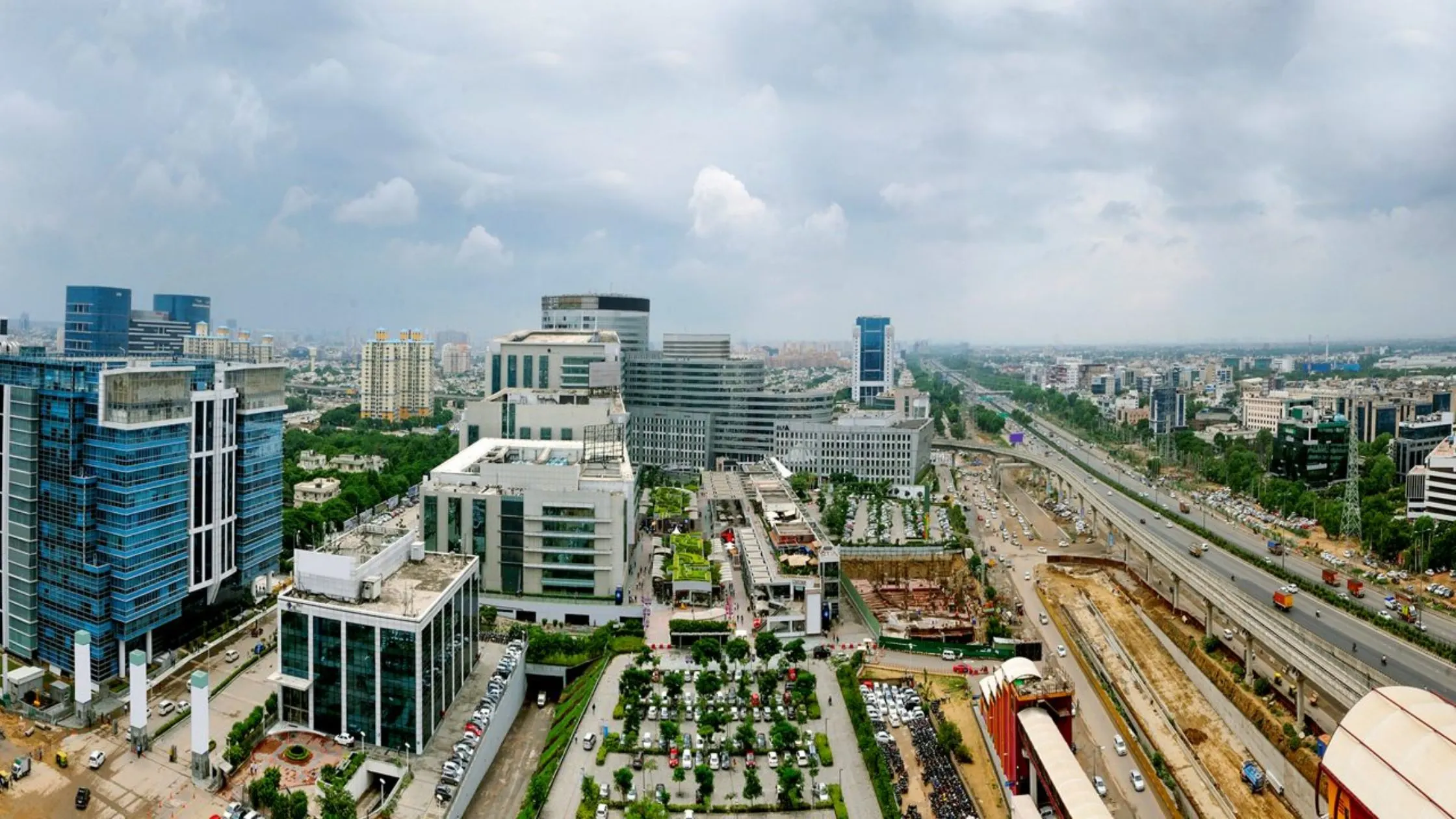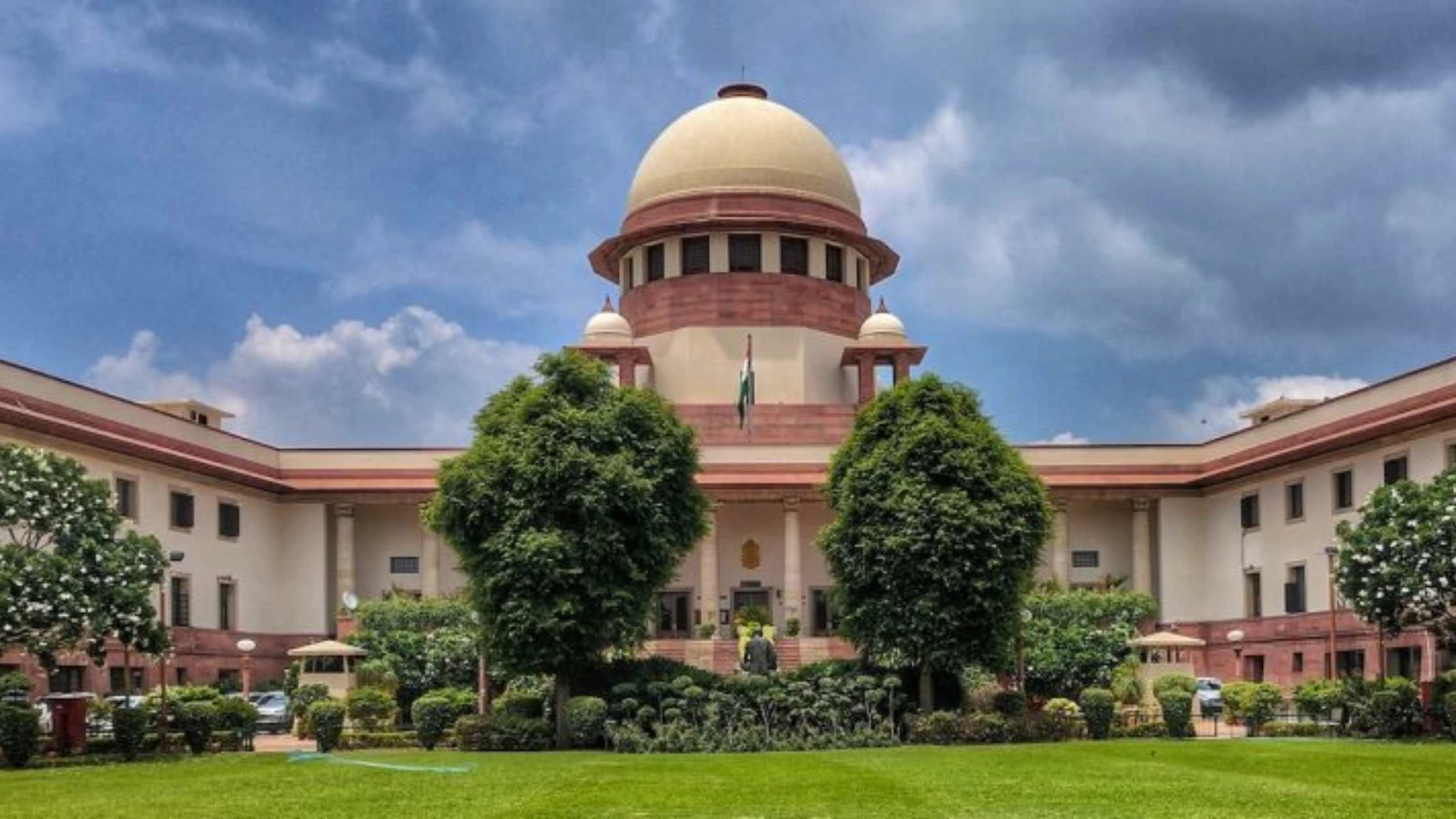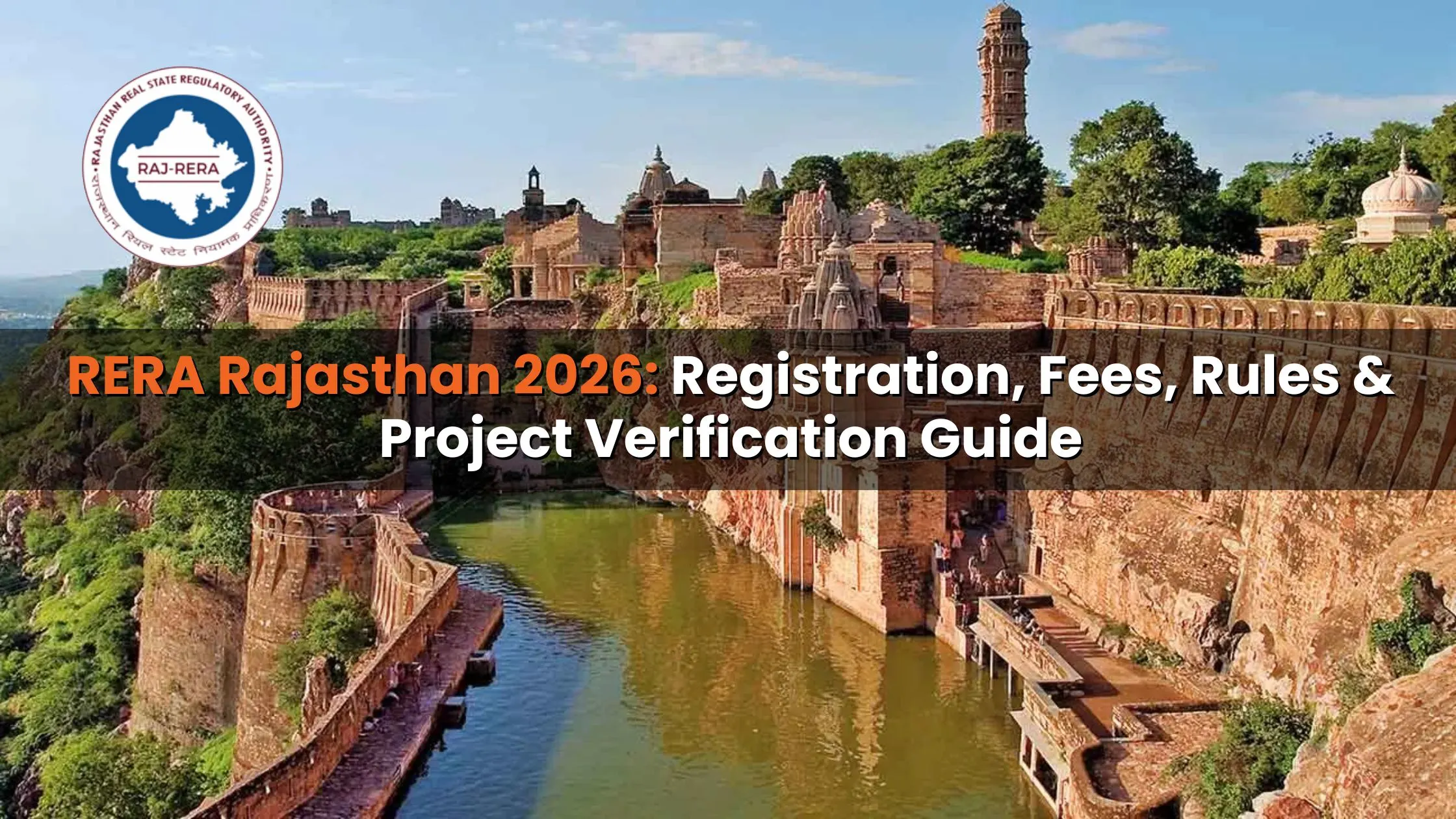Table of Content
▲- Overview of MahaRERA
- Key Aspects of MahaRERA Rules
- The Case: A Stalled Real Estate Project in Andheri, Mumbai
- MahaRERA's Directive: Protecting Homebuyers’ Rights
- Implications of MahaRERA Rules for Homebuyers
- Advice for Homebuyers
- MahaRERA’s Final Ruling: Safeguarding Homebuyers’ Interests
- Conclusion
It can be difficult to navigate the complexities of real estate investments, particularly when a project is transferred from one developer to another. The Maharashtra Real Estate Regulatory Authority (MahaRERA) made it clear in a historic ruling that even if the project is turned over to a new developer, the original developer is still responsible for any debts owed to homebuyers. Homebuyers are greatly relieved by this decision, which guarantees their rights are upheld even in the face of project management hiccups. The decision establishes a standard for handling comparable issues in the real estate industry in addition to highlighting the accountability systems in place.
Overview of MahaRERA
MahaRERA is a regulatory body mandated to promote transparency and accountability in the real estate sector in Maharashtra. It protects the rights of homebuyers by regulating developers’ conduct (through strict guidelines) and creating a level playing field for fair practices in the sector. MahaRERA was formed in July 2017, under the Real Estate (Regulation and Development) Act, 2016 and is instrumental in narrowing the trust deficit between builders and buyers.
Also Read: MahaRERA Milestone: Over 50,000 Real Estate Agents Registered in Maharashtra
Key Aspects of MahaRERA Rules
- Accountability of Original Developer: The original developer retains liability for obligations made to homebuyers before project transfer. This ensures that developers cannot evade responsibilities by transferring projects midway.
- Limited Role of New Developer: The new developer is responsible only for future construction and compliance, not for past defaults or commitments. This delineation of responsibilities aims to streamline project completion while addressing existing obligations.
The Case: A Stalled Real Estate Project in Andheri, Mumbai
Background of the Case
The MahaRERA ruling emerged from a slum rehabilitation project in Mumbai’s Andheri area. Initially registered in 2017, the project faced significant delays, leading the Slum Rehabilitation Authority (SRA) to terminate the original developer in January 2023 due to alleged non-compliance. The termination highlighted issues such as failure to meet construction deadlines and lack of financial accountability.
Transition Between Developers
In March 2024, the SRA appointed a new developer to complete the project. The project, spanning 2,460 square meters, included a single 20-storey building with 113 apartments, 48 of which were already sold to homebuyers. MahaRERA clarified that while the new developer would take over construction, the original developer remains accountable for addressing all claims and obligations of the homebuyers who purchased units before the transition.
MahaRERA's Directive: Protecting Homebuyers’ Rights
Obligations of the Original Developer
The original developer must:
- Fulfill all pending claims and obligations toward existing homebuyers.
- Refrain from marketing, selling, or advertising any remaining units in the project.
- Resolve grievances raised by buyers related to delays or financial discrepancies.
New Developer’s Role
The new developer has been assigned a separate registration number and directed to:
- Focus solely on completing the construction.
- Open a dedicated escrow account for financial transparency.
- Collaborate with regulatory authorities to ensure compliance with project timelines.
Financial Oversight
This arrangement ensures a clear distinction of responsibilities while safeguarding the financial interests of homebuyers and stakeholders. The escrow account provides an added layer of security, ensuring funds are utilized exclusively for project completion.
Implications of MahaRERA Rules for Homebuyers
Clarity on Claims and Responsibilities
Homebuyers now have a clear path to seek redressal by directing claims to the original developer. The ruling eliminates ambiguities about liabilities in cases of project transfers and provides a framework for addressing disputes effectively.
Increased Accountability
MahaRERA's move ensures that developers cannot shift the project mid-way, thereby avoiding responsibility. It means smoother transition without affecting the homebuyers' interest. Developers may now be careful about complying to regulation and acting responsibly because they know they are accountable.
Advice for Homebuyers
- Stay informed about project registration details and the roles of all involved parties.
- Monitor updates on project transitions and compliance status to ensure transparency.
- Approach MahaRERA for grievance redressal if the original developer fails to meet obligations.
- Maintain detailed records of transactions and agreements with developers.
Also Read: Telangana RERA Orders Builder to Register Plot or Refund Buyer for Delays
MahaRERA’s Final Ruling: Safeguarding Homebuyers’ Interests
MahaRERA issued the following directives to ensure homebuyers’ rights are protected:
- The original developer’s registration is temporarily suspended to enforce compliance.
- The new developer must maintain financial transparency and focus on completing the project.
- Homebuyers may approach MahaRERA for further redressal if directives are not met.
- Developers are encouraged to resolve disputes amicably to avoid regulatory penalties.
Conclusion
With its recent ruling, MahaRERA has made it clear that it cares about homebuyers and transparency in the real estate market. Now that MahaRERA has held the original developer accountable, even after transfer of project to another, homebuyers are less likely to be left vulnerable by the developer. With clarity provided in the MahaRERA Rules, especially with regulatory clarity provided on time bound processes, regulatory oversight will be key to develop trust and stability in India's real estate market. The current decision not only tackles the current challenge, but further builds market curiosity for a more secure and buyer-friendly real estate market in the future.
Follow AquireAcers Whatsapp Channel to Stay Updated With The Latest Real Estate News

_1747980954.webp)




_1768985363.webp)


Ans 1. MahaRERA stands for the Maharashtra Real Estate Regulatory Authority, a regulatory body formed under the Real Estate (Regulation and Development) Act, 2016, to promote transparency, accountability, and fair practices in the real estate sector.
Ans 2. When a project is transferred: The original developer remains accountable for obligations and liabilities toward homebuyers before the transfer. The new developer is responsible for future construction and compliance with regulatory requirements.
Ans 3. The ruling involved a stalled slum rehabilitation project in Andheri, Mumbai. MahaRERA held the original developer accountable for pending obligations while allowing a new developer to focus on completing the project.
Ans 4. The original developer must: Address all pending claims from homebuyers. Resolve grievances related to delays or financial issues. Avoid marketing, selling, or advertising any remaining units in the project.
Ans 5. The new developer must: Focus solely on completing construction. Maintain financial transparency through a dedicated escrow account. Ensure compliance with project timelines and regulatory requirements.
Ans 6. Homebuyers gain: Clarity on who is responsible for their claims and grievances. Protection against developers avoiding obligations by transferring projects. A streamlined path for addressing disputes with regulatory backing.
Ans 7. The escrow account ensures financial transparency by mandating that funds collected by the new developer are used exclusively for project completion, safeguarding the interests of homebuyers.
Ans 8. Yes, homebuyers can approach MahaRERA to raise grievances against the original developer if they fail to fulfill their obligations.